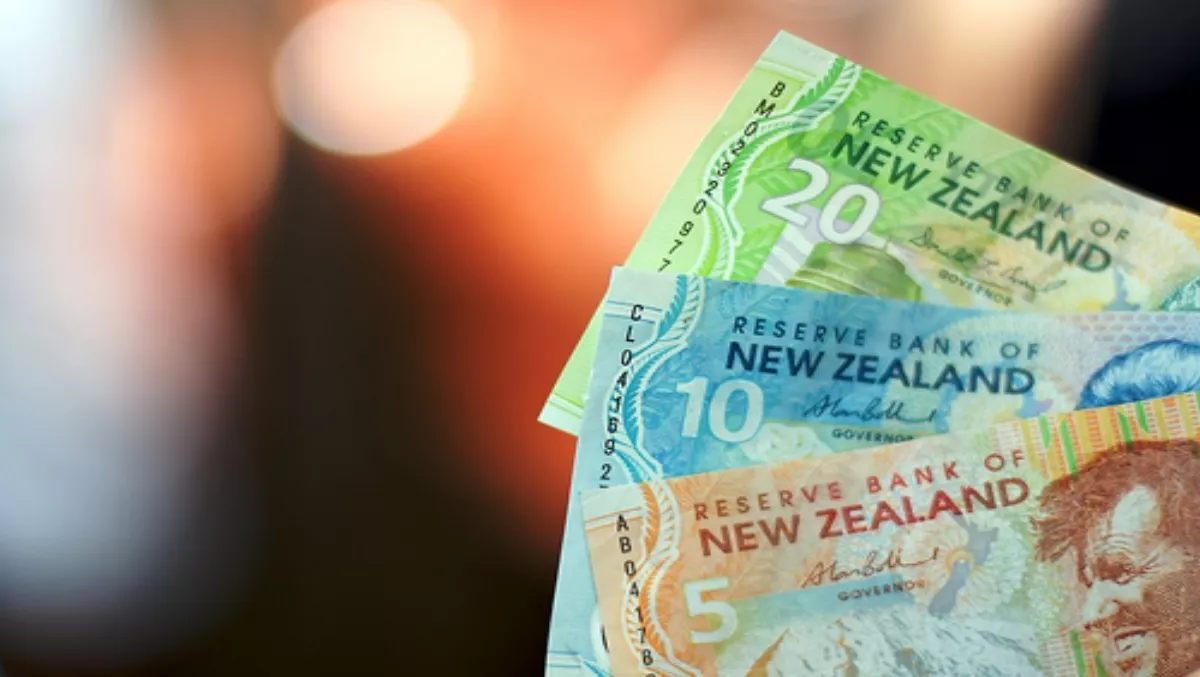
NZ firms missing energy cost cutting measures
Efforts to improve ICT sustainability have stalled in organisations across the world and opportunities to cut costs and make more efficient use of resources are not being maximised.
That is the view of Fujitsu, who issued a report on the relative maturity of ICT sustainability practices and technologies in a number of global markets, as well as comparative performance by country and industry sector.
Summarising the findings of over 1,200 CIS across eight countries including New Zealand, the ICT business solutions provider surveyed the respondents on sustainability initiatives ranging through the following:
Procurement, disposal, power management, virtualisation, consolidation, mobility, data center efficiency, networking, cloud, software design, teleworking, collaboration, business process optimisation, carbon and energy management tools for measurement and reporting.
“This stalling indicates that while organisations have experimented with environmental initiatives, these have not resulted in strategic, cultural changes," says Alison Rowe, global executive director sustainability, International Business, Fujitsu.
"This failure is possibly due to competing priorities, inferior change management practices or the loss of critical sustainability ‘champions’.
"Until there is clear direction for sustainability to be treated as a demonstrable KPI, progress is likely to remain less than impressive.”
More positively however, there has been a marked rise in the number of ICT departments that have total responsibility for ICT power bills and consumption, with 23.1% of ICT departments now accounting for ICT energy costs and consumption, compared with 14.2% during 2011.
“The shift from sustainability idealism to commercially sustainable results is evident through improved ICT Sustainability performance," Rowe says.
"Organisations that account for ICT energy costs and consumption in the ICT budget (the 23.1%) have a 40% higher ITSx (67.6) than those that had never considered it, where the average ITSx is 34.8.
“Don’t just measure ICT energy consumption: disaggregate it, understand it, manage it in real-time and set key performance indicators that drive organisation-wide improvements to the bottom line.
"I urge executive teams to use the value from this benchmark study to help build the business case for ICT Sustainability initiatives to be used as a key component for improvement in overall financial performance."
New Zealand:
New Zealand has fallen in 2012 with a score of 50.8, compared to 51.9 in 2011, which Fujitsu believes may in part be due to it having a higher proportion of smaller organisations, which typically have lower ITSx scores than large enterprises.
During the past twelve months, 4% of organisations budgeted for ICT power bills and managed power consumption - the same proportion as in 2011. This was well below the global average of 23.1% and ranked NZ last in this category.
But government is the country's strongest performing sector in ICT Sustainability, with a score of 60.0 - up from 58.4 in 2011.
“NZ’s lack of improvement in managing ICT power bills is a concern," says Chris Seale, director of Sustainability, Fujitsu ANZ.
"For New Zealand the survey revealed clear opportunities for all organisations, regardless of size or industry, to enhance the use of technology to improve efficiencies and significantly reduce costs.
"ICT departments, across all sectors, are in a position to play a leadership role in enabling sustainable business practices for enhanced business performance.”

